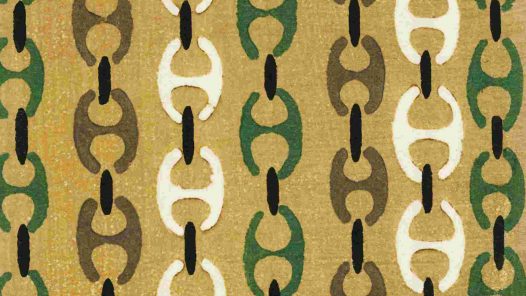When an international team of scientists traveled to a research station in Antarctica for six months, the language they all shared was English. After six months together, their accents changed ever so slightly — a miniature version of how language...
The expression you look like death eating on a Nab means “you look terrible.” It’s a humorous elaboration of the idea of death, which refers to death consuming a dry, salty, peanut-butter-filled snack made by the Nabisco company...
The liked to in statements such as It started raining yesterday and liked to never stop is directly related to the word likely. The terms liked to and likedta used in this way reflect a British dialectal term that found its way into the speech of...
Mike in Glasgow, Kentucky, wonders about a catchphrase used in British comedies: I go to the foot of the stairs. The Oxford Dictionary of Catchphrases (Amazon) compiled by Anna Farkas and several books by catchphrase collector Nigel Rees both point...
What’s the difference between ethics and morality? Between a proverb and an adage? Eli Burnstein’s Dictionary of Fine Distinctions: Nuances, Niceties and Subtle Shades of Meaning (Bookshop|Amazon) helps readers distinguish between such...
Stravenue is a portmanteau of street and avenue, and is used in Tucson, Arizona, to refer to a diagonal road between east-west streets and north-south avenues. Similarly, a stroad is a combination of street and road. This is part of a complete...







